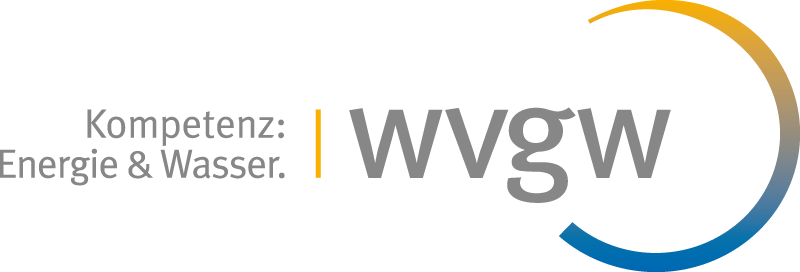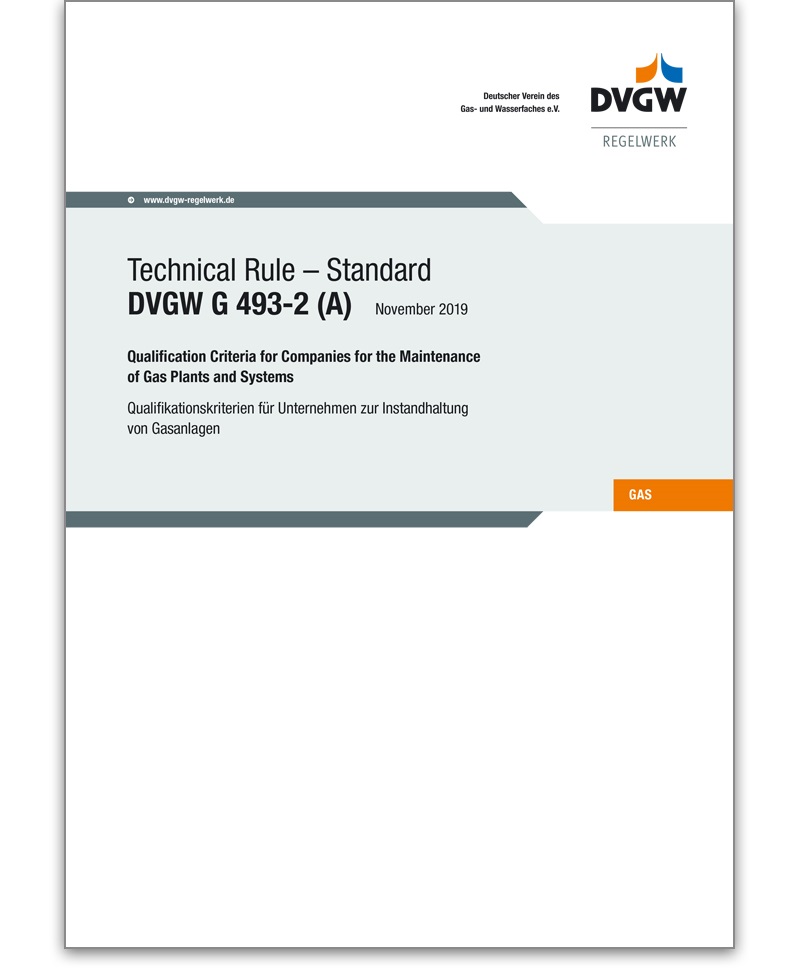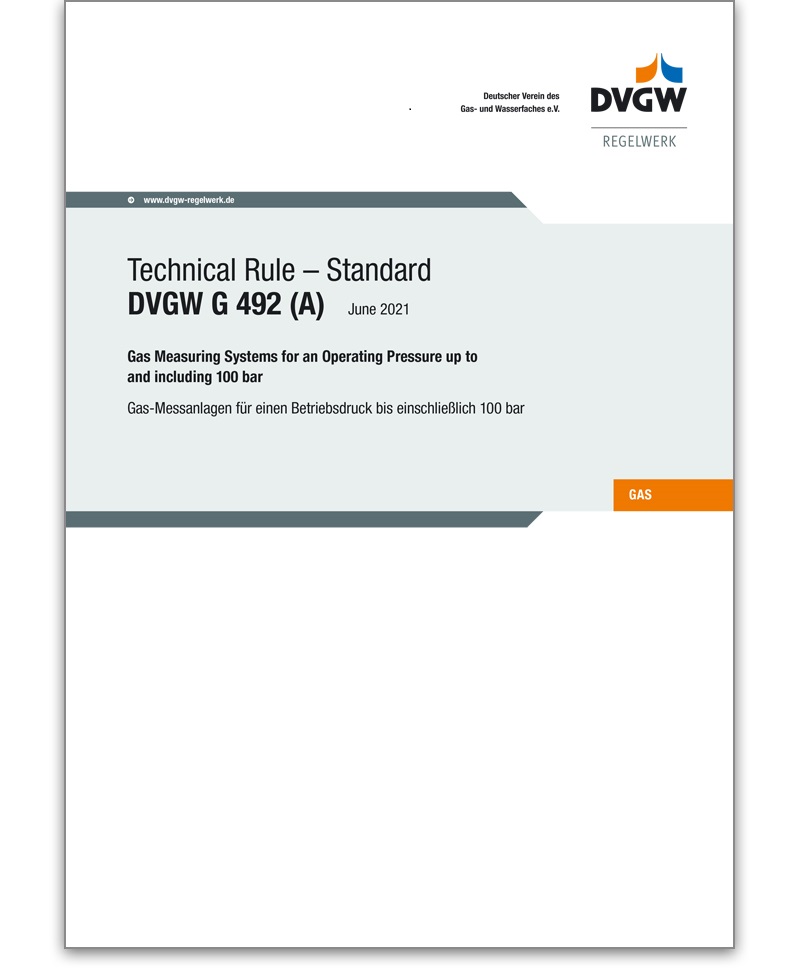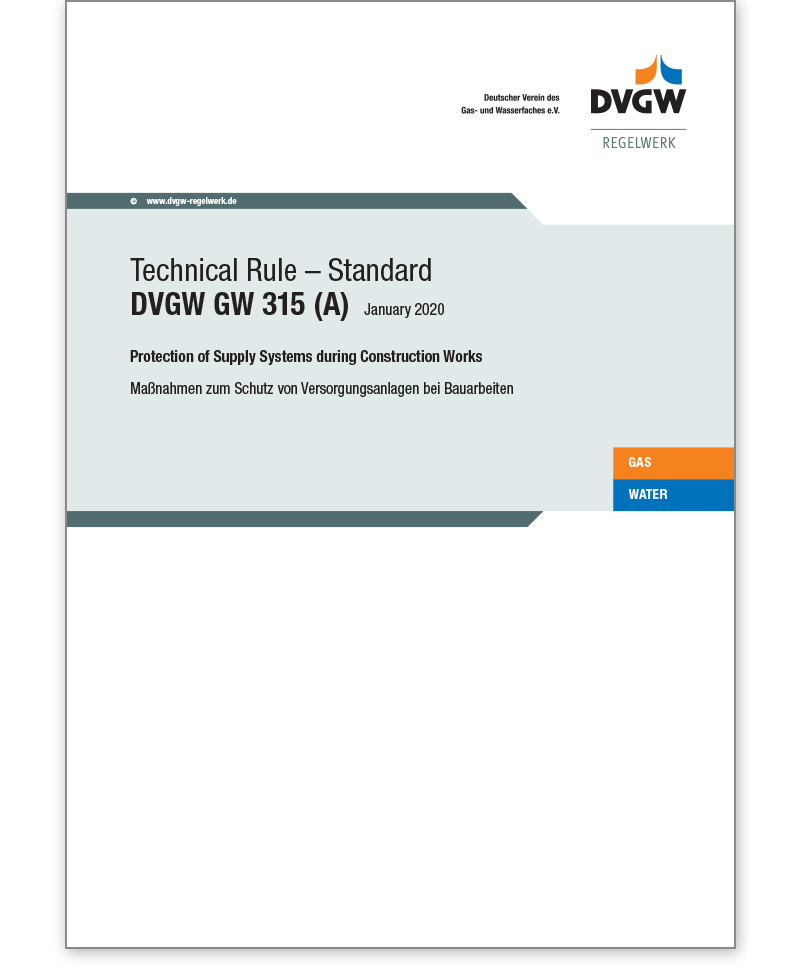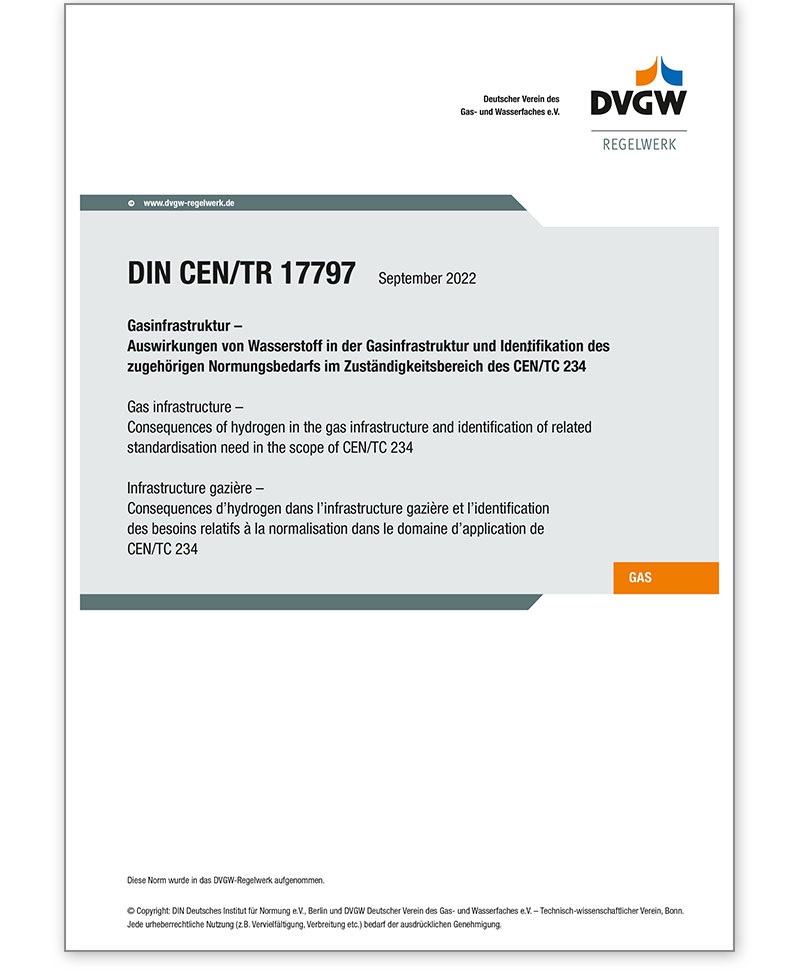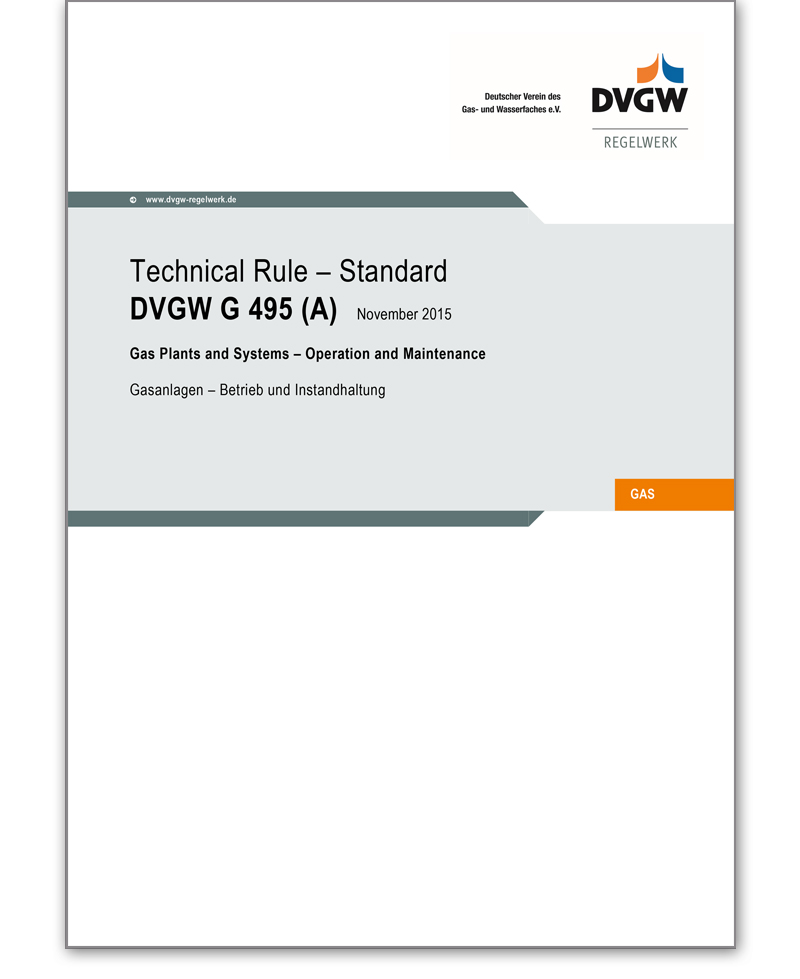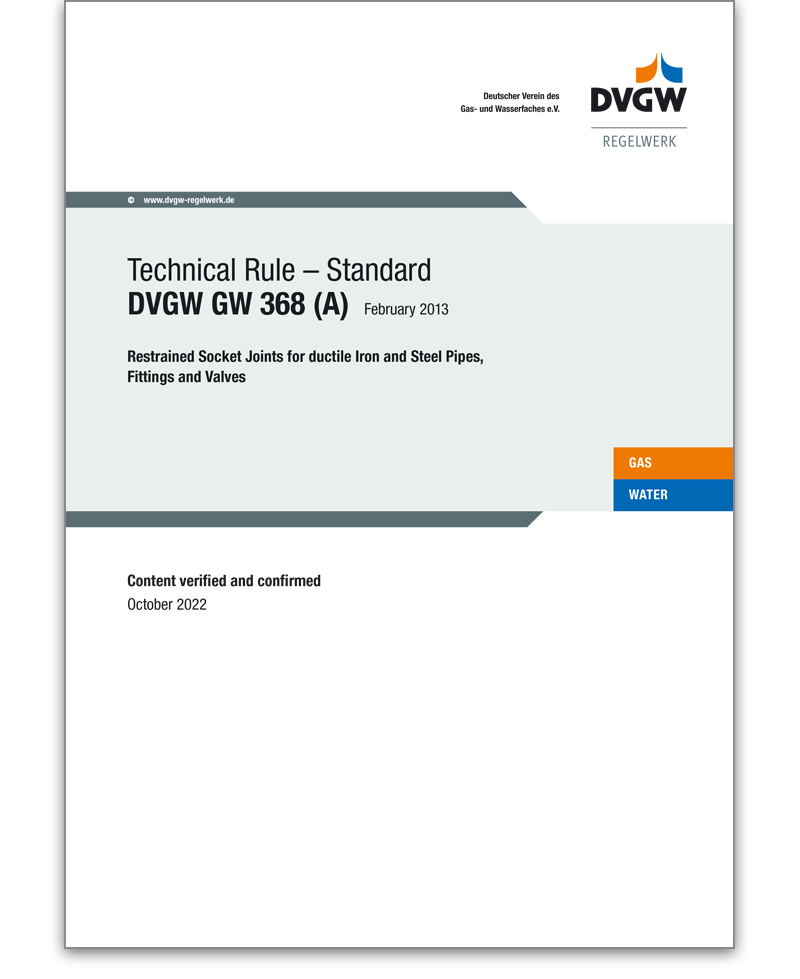Filter
–
Gas billing
The new regulation of legal metrology and the law on the digitalisation of the energy transition lead to increased requirements for data quality and security. The DVGW Codes of Practice and standards in this section accompany this process.
G 493-2 Technical Rule - Standard 11/2019 -PDF-File-
62,03 €*
This standard G 493-2 encompasses personal and professional
requirements for companies providing maintenance for gas plants and
installations that fall within the scope of DVGW G 495 (A), as well as biogas
injection and refeeding plants as specified by DVGW G 265-2 or hydrogen
injection plants as specified by DVGW G 265-4 (M).Companies which, within the
context of comprehensive plant management, either as original operators or as
contractors, are responsible for the maintenance of energy plants, and possess
the required personal qualification and organization according to DVGW G 1000
(A), may conduct the maintenance of gas plants without certification as defined
by this standard within the network which they have the abovementioned
responsibility for. The prerequisite for the maintenance without certification
as mentioned above is that the expert and tech-nical conditions detailed in
this standard are met by the company’s own workforce or by service providers
with a TSM certification or other corresponding certifications. The company
shall appoint the experts re-sponsible for maintenance in writing. The
fulfilment of these conditions can be verified e.g. during a TSM review
according to DVGW G 1000 (A).
G 492 Technical Rule - Standard 06/2021 -PDF-file-
62,03 €*
This Technical Rule G 492 governs planning, manufacturing,
assembly, testing, commissioning and operation, as well as decommissioning and
disposal of gas measuring systems of up to 100 bar1 in gas transportation and
distribution systems and stations supplying commercial, industrial, or other
comparable facilities.
GW 315 Technical Rule - Standard 01/2020 -PDF-file-
39,92 €*
Code of Practice GW 315 provides essential information on
how to avoid damaging to existing supply systems during construction
operations. It applies to all construction work
and regulates the requirements for construction contractors and
operators of supply systems.
DIN CEN/TR 17797 09/2022 - pdf-file -
192,50 €*
This document DIN CEN TR 17797 is written in preparation of
future standardization and provides guidance on how injection of H2 into the
gas infrastructure can impact processes from the input of gas into the on-shore
transmission network up to the inlet connection of gas appliances.
GW 368 Standard 02/2013
79,28 €*
The aim of this Standard GW 368 is to determine the lengths of pipeline to be locked against longitudinal forces.The Worksheet applies to ductile cast iron and steel pipes, fittings and valves. In principle, the formulaic correspondences described can also be applied to pipes in other materials. However, the properties of the other materials must be taken into account in each case, particularly specific weight and friction coefficient.
